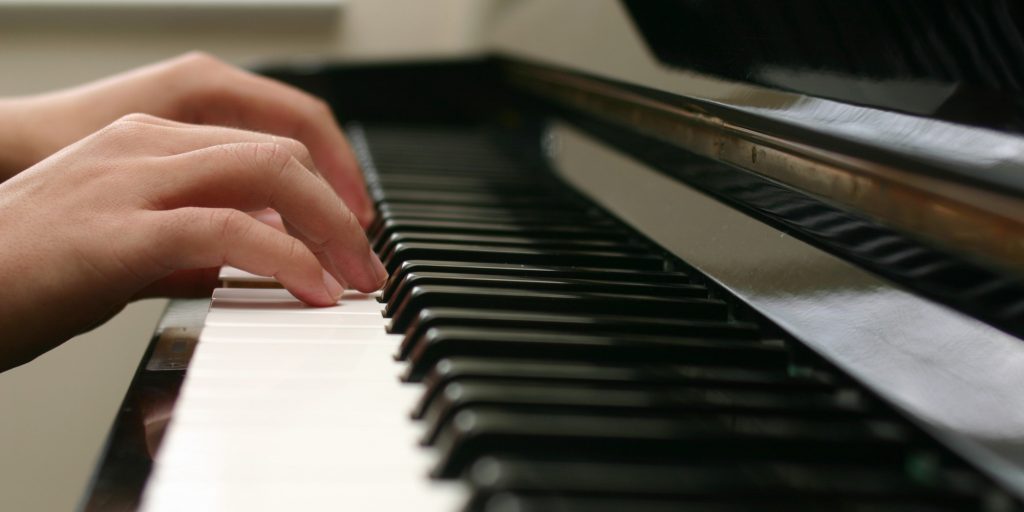There’s ample evidence that exposing children to music provides them with many benefits. It stimulates certain parts of the brain, which may help them learn faster. If your kids turn out to have a talent for music, giving them lessons at an early age gives them a head start. Aside from this, music is a way for children, regardless of talent, to express their creativity. Yet there’s still the question of when you should begin music lessons.

Before Music Lessons
Music lessons won’t be your child’s first exposure to music. Music is all around us. Parents can, however, help to foster an appreciation for different types of music at a very early age. Children are never too young to hear great music. There’s even evidence that babies in the womb can hear music, or are at least sensitive to the vibrations. This is something for pregnant women to keep in mind.
From birth onwards, there’s nothing to lose and a great deal to gain by singing to your child, playing recordings for him or her and engaging in musical games. There are now many classes for mothers and young children that incorporate music for fun and learning. If you or someone in the family plays an instrument, so much the better. This gives children the chance to hear live music at close range. The only caveats for very young children is that you should safeguard their hearing and make sure the music, whether live or recorded, isn’t too loud.
By the time children are between three and five years old, they’re ready to start learning some of the principles of music, such as understanding the differences between instruments and the meaning of notes, beats and melodies. If you send your kids to a pre-school, you can choose one that has a strong foundation in music. Very beneficial to language development, spatial temporal skills and auditory recognition.
When to Begin Formal Lessons
The right time to begin formal lessons depends on the child. However, by the age of five, most children are ready to actually play an instrument. You could enroll your child in a group class or hire a personal teacher. The easiest instruments for children to learn are the piano and keyboard, and you can even get something like this hydraulic variable height Piano Stool that can be adjusted as they grow and continue to practice in order to make the most of the often costly investment that is music lessons. Some kids, however, take lessons in other instruments such as the violin.
By the time kids enter first grade, around the age of six or seven, they are able to handle instruments such as the guitar, flute or drums. This will be easier if they’ve had some experience on the piano. At this stage, they may participate in school programs such as music classes or school bands.
Encouragement and Commitment
When it comes to music lessons, parents must grapple with issues such as encouragement, commitment and pressure. Should kids be forced to play an instrument for their own good, even if they don’t want to? Once they start learning, how much pressure should you put on them to continue? This ultimately comes down to your own philosophy of parenting.
Fortunately, most kids are inclined to love music in one form or another. Giving them a choice makes it more likely that they’ll enjoy music lessons and not mind practicing. That said, there’s nothing wrong with encouraging kids to develop a respect for commitment. One approach is to insist that they stick with an instrument for a certain amount of time, such as a school semester. During this period, you might emphasize the importance of regular practice. After all, you can’t really know how much you like something until you develop at least a basic competency.
Music Enriches the Lives of Children
It’s believed that music can actually be quite significant in a child’s development. There are different ways that music can help children, some of which are discussed over at Save the Music. Music stimulates kids’ creativity and helps them become more well-rounded. There’s evidence that it might even help them in other areas, such as reading and math. The best way to help kids get the most out of music is to take cues from their behavior and encourage them to pursue their own musical preferences.
Guest post courtesy of Your Music Lessons, a web-based company that connects students and teachers for a wide range of instruments. From piano lessons, guitar lessons, voice lessons to saxophone lessons, we will help you find the instruction you need.






